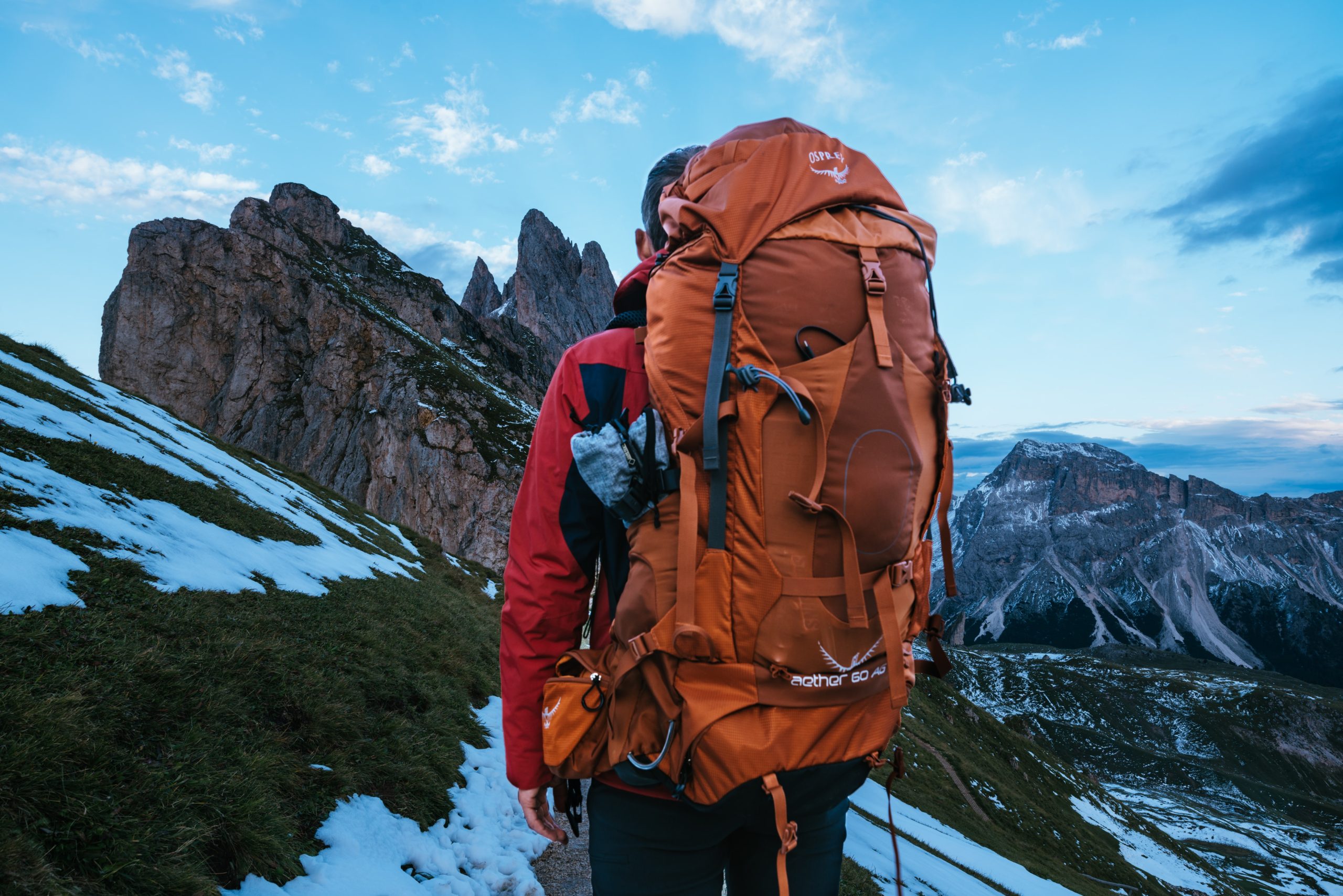Last Updated on October 10, 2022 by admin_hunter
There is a need to know survival backpacking skills. The realm of wilderness survival always tends to be enormous, but there are only five skills that you must master. They will assist you whenever you are lost, injured, or find yourself in a remote location for any reason.
Survival is often confused with scoutcraft and living off the land. While these abilities are helpful, they aren’t a top priority when your life is at stake.
Survival backpacking skills are typically reserved for scout troops and doomsday preppers, but this should not be the case. Survival in the wild, utilizing technological conveniences, is vital, especially if you enjoy spending a lot of time outdoors.
When you consider that more people are participating in outdoor activities, it’s easy to see why this is a significant trend. Millions of individuals are leaving their homes and heading into nature due to this.
However, this also indicates that many of these inexperienced campers and trekkers have little or no experience surviving outdoors.
If you want to spend a lot of time outdoors, it’s essential to learn a few basic survival skills. Knowing them will not only make it easier to spend time camping, but it also helps you survive if something goes wrong.
These basic skills include:
1. First Aid Skills
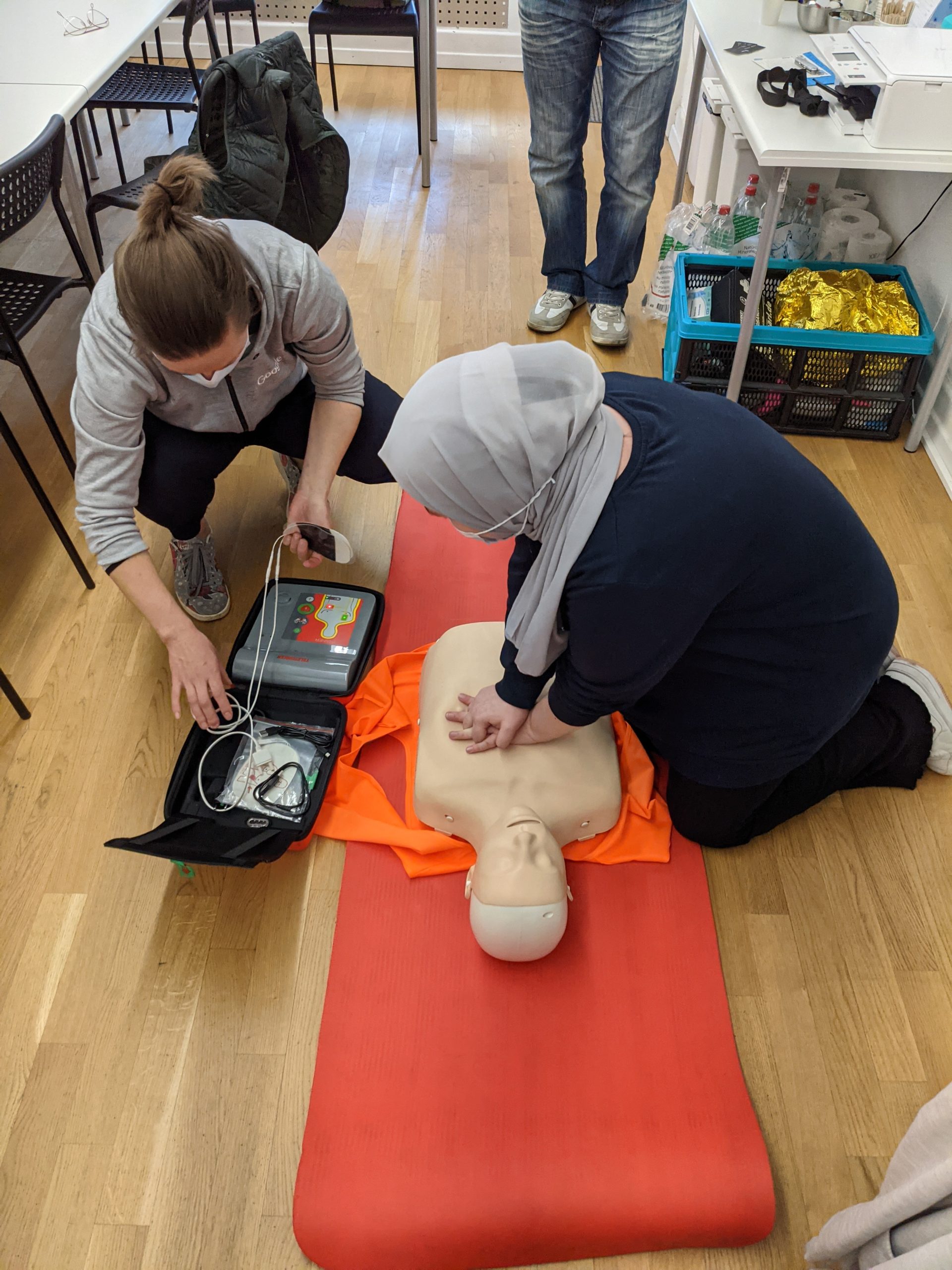
In survival backpacking, it’s critical to get someone stable if you or a member of your group is wounded or unwell. When you are far away from emergency services, it is important to look after yourself. It takes hours for the rescue to arrive, so you must keep alive until they can get there.
Always carry a first-aid kit. However, it will do little good if you don’t have the knowledge to employ it.
Common issues include:
- Broken bones
- cuts
- Allergic reactions
- Ankle and knee injuries
- insect bites
- hypothermia
- Heat Stroke
- Gastro-Intestinal issues
Medical knowledge and supplies will be instrumental in preventing wounds from getting infected. It’s also essential to have at least basic medicines like paracetamol, antibiotics, and aspirin.
2. Navigation
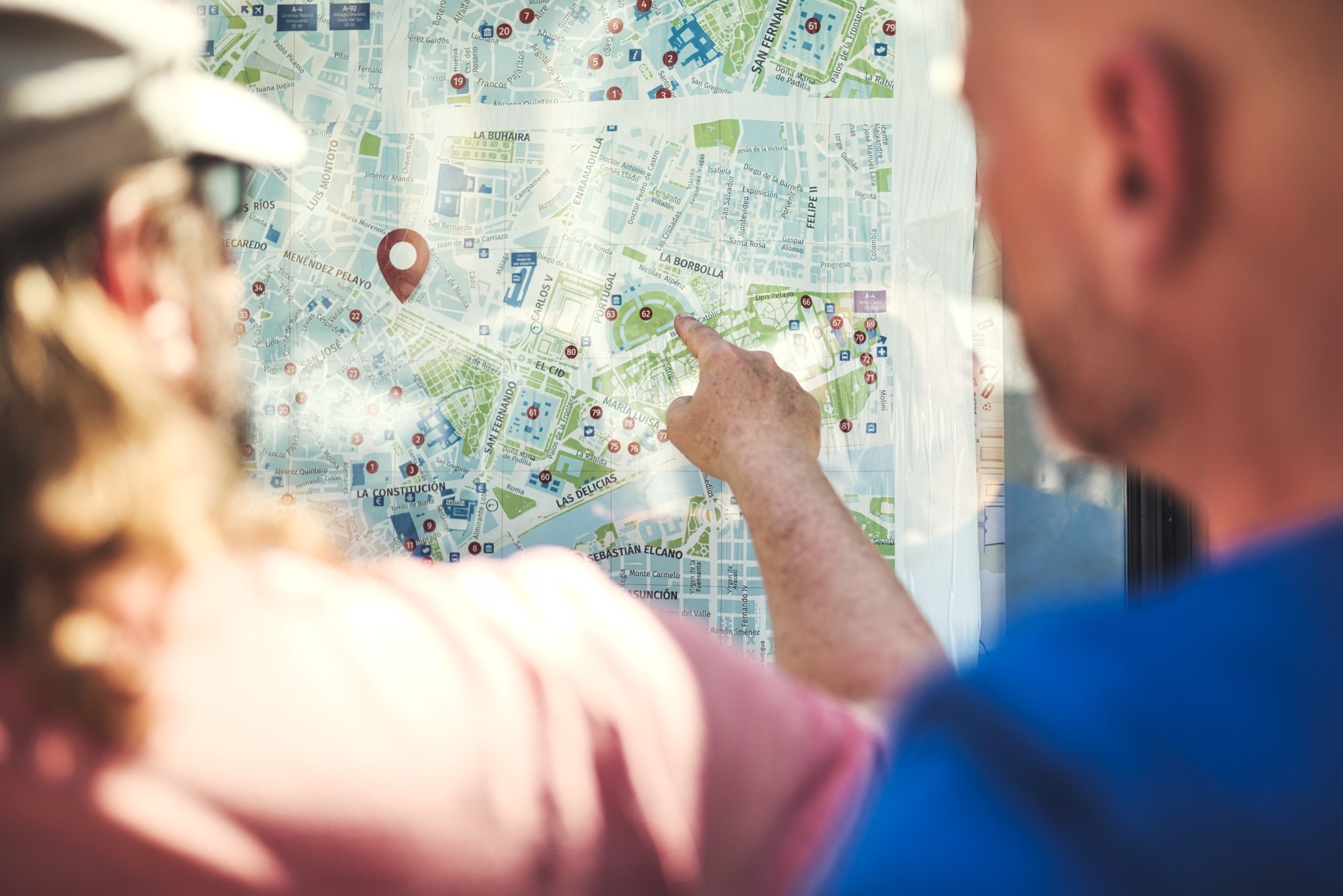
Navigating may be why you become stranded, but it is also the skill that can get you back to safety. Always keep a map with you and a compass on hand – your smartphone might have them, but they won’t be of much use once the battery dies. Always bring a spare along.
Before you go, you may also learn a few fundamental navigation techniques. It’s interesting to discover how to take advantage of your environment; you never know when a talent like that might save your life one day.
For instance, figure out navigating without a compass using your watch. You can always find south if it’s sunny and you have a look with your hands or if you know the time and have a pen and paper to draw one.
Draw an imaginary line from the center of the watch to where 12 o’clock sits and aim the clock’s hour hand at the sun. The hour hand will reach the imaginary line at 12 o’clock. You’ll be left with a section between the hour hand and the imaginary line at 12 o’clock. Divide this segment in two, and the chute will point south.
For areas south of the tropics, aim for point 12 o’clock at the sun. The angle between 12 o’clock and the hour hand is bisected by north.
3. Starting a Fire
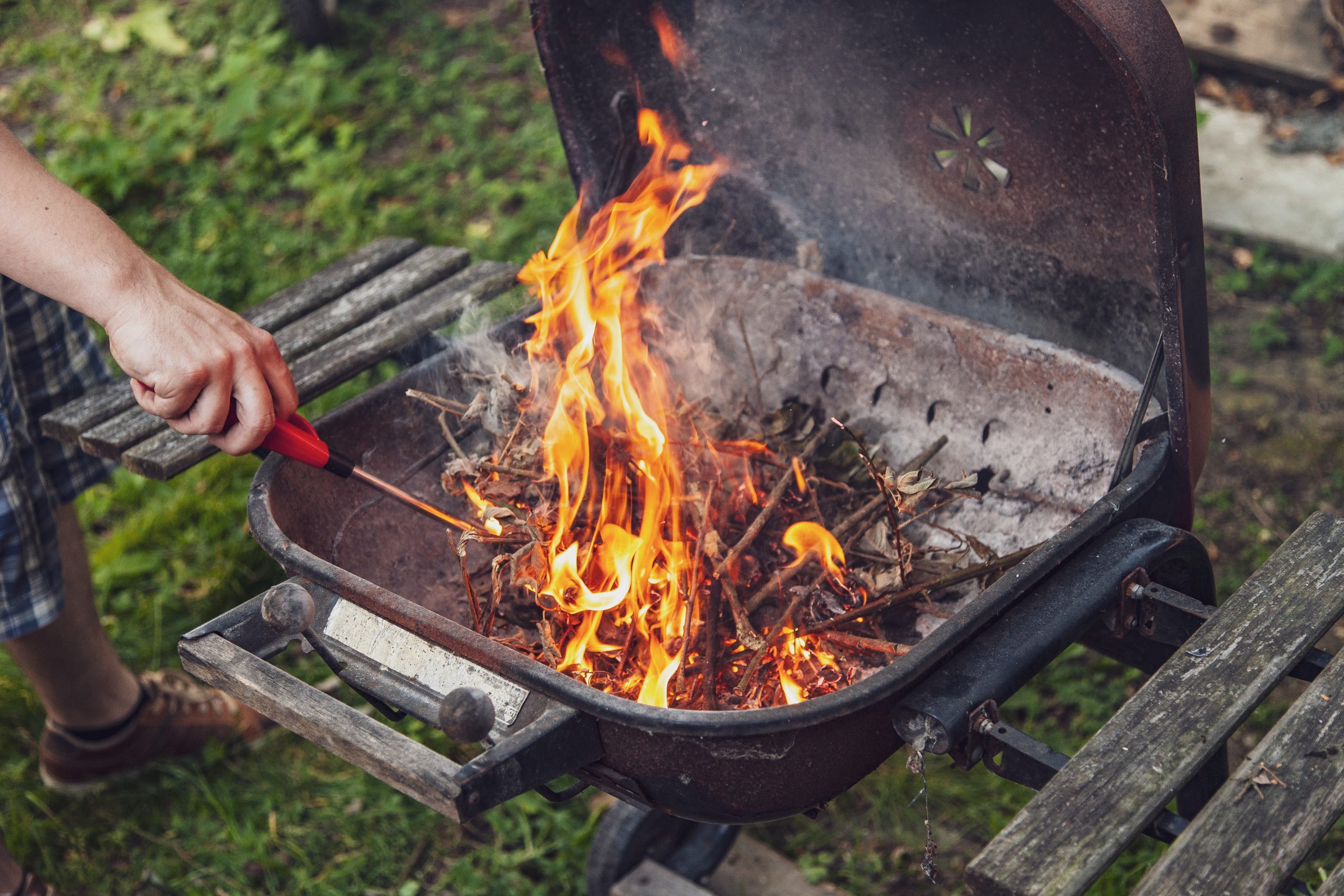
In terms of survival backpacking, a fire can assist you in signaling for assistance if you get lost in the woods. It’s necessary if you’re camping in the woods during the winter and need to stay warm. It’s also essential to cook your food or avoid getting parasites.
There are two primary methods for creating a fire: friction and light. Light needs a strong enough reflector with a curve, such as a magnifying glass. The first approach entails making a fire using two flat boards, some dry leaves, and other fuel. Make a notch on the flat board with a rock or knife.
Insert the long stick into the notch with it vertically and with some of the fuel at the bottom. Spin the long shaft rapidly with your hands, starting at the top and moving down to provide a downward spinning motion. The power should ignite due to sufficient friction being generated by this technique.
4. Creating Drinking Water

Freshwater isn’t always readily available at every camping or trekking site.
If you can’t produce your water, you’ll soon run out of options in the woods. Fortunately, there are several strategies to accomplish this.
To begin, place a large plastic bottle on its side and secure it with the bottom half. Fill it with charcoal, sand, and tiny pebbles. Suspend it over the lower part of the bottle. Water should flow through the sand and charcoal into the lower half.
Alternatively, dig a two-foot-wide and half-a-foot-deep hole in the earth. In the middle of the depression, put a jar. Cover the pit with a plastic tarp to prevent rainwater from seeping into it.
Secure the cloth with pebbles and dirt. Place a tiny stone in the middle of the Tarp directly over the container. Water will evaporate from the ground and condense on the sheet, dripping into the container as it does so.
Whether or not you have a filter, heat the water to a boil to kill any germs that may be infecting it.
5. Shelter Building
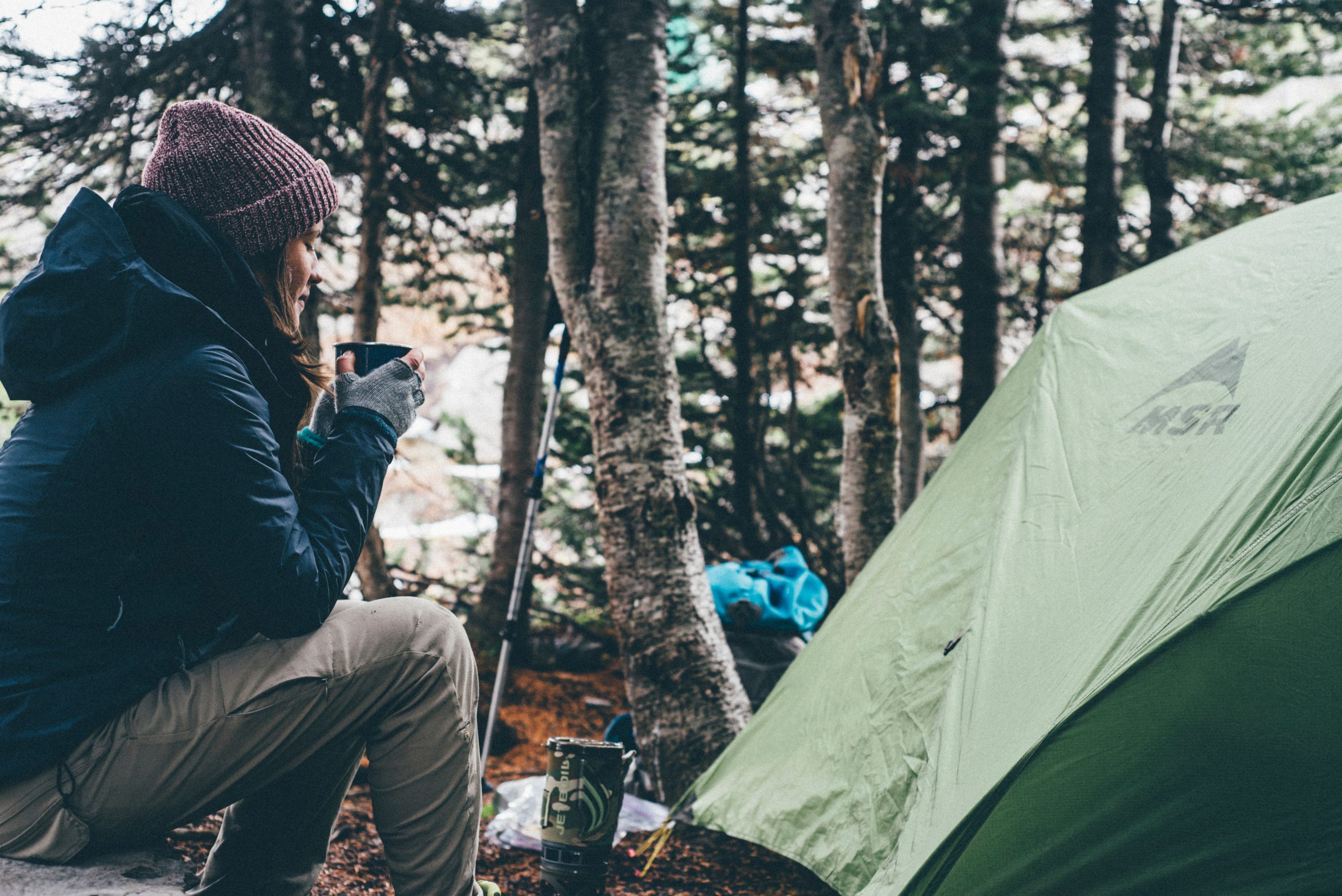
If you find yourself stranded overnight, the most important thing is to be protected from the weather. Being able to utilize the equipment in your kit (e.g., Tarp and rope) as well as natural materials like trees to build a shelter may determine whether an impromptu night out becomes a life-threatening emergency or not.
Your enemy may be anything that increases or decreases your general body temperature. Clothing is the first line of defense against the elements, so choose wisely. Always have a hat on hand. Keep the layer nearest to your skin dry at all costs. Layers retain more moisture than wearing one thick garment. If nature shelters you, don’t waste your energy making one.

